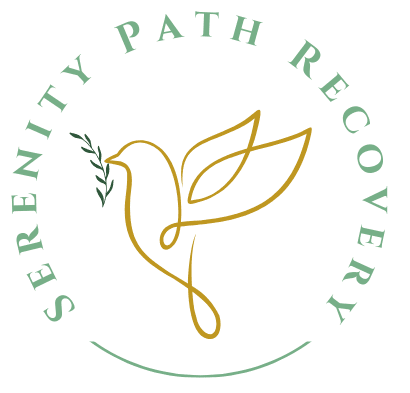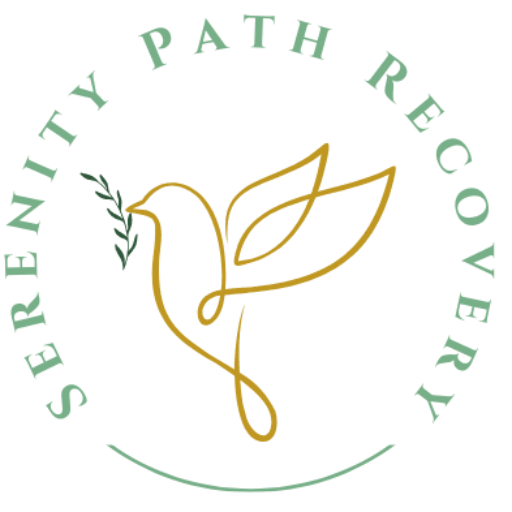Tips for Improving Mental Well-Being During Recovery
Recovery is not just about overcoming addiction — it’s about rebuilding a healthy, balanced, and fulfilling life. One of the most critical aspects of lasting recovery is maintaining strong mental well-being. At Serenity Path Recovery, we emphasize the importance of nurturing emotional health throughout every stage of the healing journey. Strengthening your mental well-being helps reduce the risk of relapse, boosts resilience, and empowers you to thrive in your new sober life.
Here are some valuable tips to help improve and sustain mental health during recovery.
Establish a Structured Daily Routine
Consistency and structure can provide a powerful sense of stability during recovery. Creating a daily routine that includes time for work, self-care, exercise, meals, therapy, and relaxation can:
Reduce anxiety and uncertainty
Promote better sleep habits
Help you stay focused on your recovery goals
Provide a sense of accomplishment and normalcy
Setting small, achievable tasks each day can help you build momentum and confidence over time.
Prioritize Self-Care
Self-care is an essential practice for maintaining mental well-being. Taking time each day to nurture your body, mind, and spirit strengthens your ability to cope with life’s challenges without turning to substances.
Effective self-care activities might include:
Practicing mindfulness or meditation
Spending time outdoors in nature
Engaging in hobbies or creative activities
Preparing nutritious meals
Practicing gratitude journaling
Setting healthy boundaries with others
Self-care is not a luxury; it’s a necessary investment in your recovery and overall wellness.
Build a Strong Support Network
Connection is a cornerstone of mental health and recovery. Surrounding yourself with supportive, positive individuals can provide encouragement, accountability, and a sense of belonging. Your support network might include:
Family members and trusted friends
Therapists, counselors, or recovery coaches
Peer support groups such as AA, NA, or SMART Recovery
Online recovery communities or forums
Don’t be afraid to ask for help when you need it. Reaching out to others during difficult times can make all the difference.
Practice Emotional Regulation Techniques
Managing emotions effectively is crucial for maintaining mental well-being during recovery. Emotional regulation techniques can help you stay calm, centered, and resilient even in stressful situations.
Some effective strategies include:
Deep breathing exercises
Progressive muscle relaxation
Grounding techniques (such as the 5-4-3-2-1 sensory method)
Cognitive reframing to challenge negative thought patterns
Regular mindfulness or meditation practice
The more tools you have to manage your emotions, the more empowered you’ll feel in your recovery journey.
Set Realistic Goals and Celebrate Progress
Setting small, realistic goals gives you a clear sense of direction and purpose. It’s important to focus on incremental progress rather than perfection. Celebrate even the smallest victories—whether it’s attending a therapy session, reaching a sobriety milestone, or trying a new healthy habit.
Acknowledging your achievements reinforces your confidence, motivates you to continue moving forward, and reminds you how far you’ve already come.
Engage in Meaningful Activities
Filling your life with meaningful activities can help you find joy, connection, and a renewed sense of purpose. Whether it’s volunteering, pursuing education, participating in creative arts, or joining a fitness community, these activities can:
Build self-esteem
Strengthen a sense of identity beyond addiction
Create positive, fulfilling experiences that support emotional well-being
Engaging with life fully and purposefully is a vital part of building a happy, sober future.
Final Thoughts
Improving mental well-being is essential for sustaining long-term recovery. At Serenity Path Recovery, we believe that nurturing your emotional health is just as important as maintaining physical sobriety. By establishing a structured routine, practicing self-care, building a support network, regulating emotions, setting goals, and engaging in meaningful activities, you can create a strong, resilient foundation for lifelong healing.
Recovery is a journey of growth, empowerment, and rediscovery. With the right tools and support, a life filled with hope, balance, and happiness is within your reach.
If you or a loved one is seeking support during recovery, Serenity Path Recovery is here to help you strengthen your mind, body, and spirit every step of the way.

